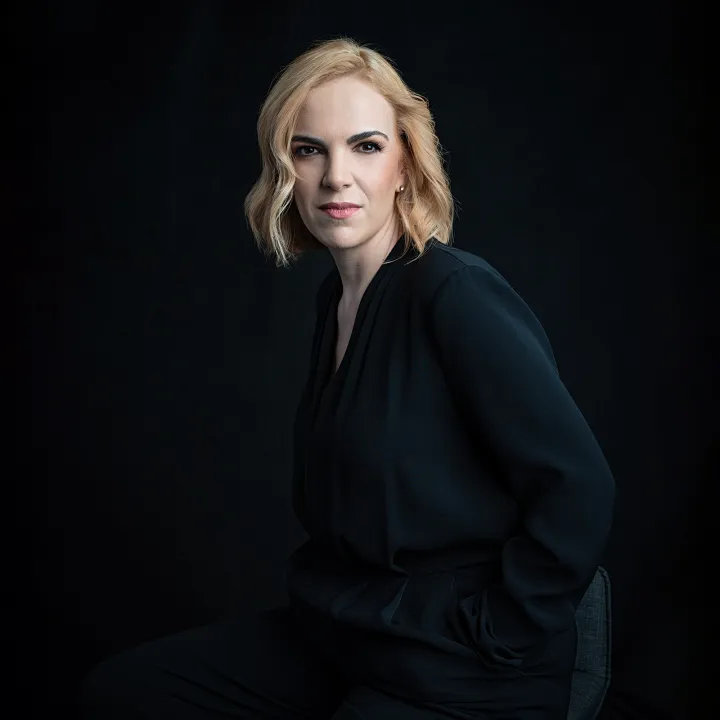Por Pamela Cerdeira
Tiene 44 años, es responsable del cuidado de otras personas, le preocupa que, a partir de los 50, sea más difícil insertarse en el mundo laboral y odiaría tener que pedir permiso a un jefe o jefa cada: festejo escolar del 10 de mayo, ensayo del festejo escolar del 10 de mayo, niño con gripa, pariente enfermo, caída en la escuela, festival de la primavera. Si consigue estabilidad económica, le sería más fácil salir de esa relación tóxica. Y le han dicho que ese trabajo es cosa de hombres; algunos preguntan si su esposo le dio permiso de trabajar en eso.
De no ser por lo de la “relación tóxica”, podría ser yo, o Ana, o tú. En 2023, Simetría A.C., una organización civil especializada en políticas públicas con perspectiva de género, llevó a cabo un estudio para conocer las oportunidades y obstáculos de las mujeres que utilizan las aplicaciones de Uber y Uber Eats para generar ingresos.
Nos importa el dinero, pero nos importa más la flexibilidad.
Hace años, una amiga que trabaja en el sector financiero me decía que las mujeres estamos dispuestas a trabajar por menos dinero que nuestros pares hombres porque pagamos por adelantado las ausencias que creíamos (y quizá falsamente) íbamos a tener. Esto ilustra algunos de los hallazgos del estudio: por supuesto que trabajan como conductoras o repartidoras por el dinero, pero la motivación inicial es la flexibilidad. Desearían poder usar más la app, pero su labor de cuidadoras se los impide. La labor de cuidados, tema que se repitió en grupos focales y encuestas, nunca fue mencionada en el grupo de hombres.
La mayoría de las mujeres usa la aplicación por las mañanas, y, sorpresa, aunque la seguridad es uno de los motivos para elegir el horario, no es el principal; en primer lugar, el 33% porque tienen otra actividad económica, el 32.4% porque están encargadas del cuidado de algún familiar, y el 22.8% por seguridad.
El estudio hizo una pregunta interesante: cuántas horas usan la aplicación según el nivel de escolaridad. Quienes tienen como máximo grado de estudios la primaria completa dedican los siete días a la semana a conectarse, y el número de días se va reduciendo según la escolaridad, siendo de 5.4 días para quienes tienen licenciatura terminada. La mayoría de las encuestadas no tienen pareja y dedican principalmente los recursos a la manutención de su hogar. Las participantes del estudio tienen entre 19 y 68 años.
La intención de Uber es que cada día más mujeres puedan integrarse como conductoras o repartidoras. En el caso de las conductoras, la función Ellas les permite seleccionar viajes únicamente de personas que se identifiquen como mujeres.
Dar opciones para generar mayores y mejores recursos para todas las mujeres, independientemente de su grado de estudios o edad, es un esfuerzo que requiere ser impulsado desde todos los ámbitos. Por ejemplo, en la CDMX hay un estímulo fiscal para personas morales que operen apps y cuyas conductoras sean mujeres.
Así que si a alguien se le ocurre decir la locura de que las mujeres no sabemos estacionarnos de batería, estas conductoras seguramente contestarán que para qué querer estacionarse, cuando entre conducción y labores de cuidado no tienen tiempo para parar.

Las opiniones expresadas son responsabilidad de sus autoras y son absolutamente independientes a la postura y línea editorial de Opinión 51.




Comments ()